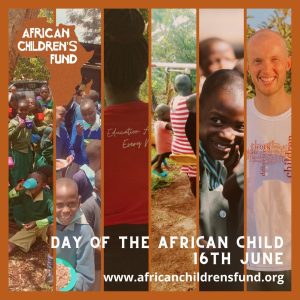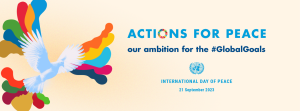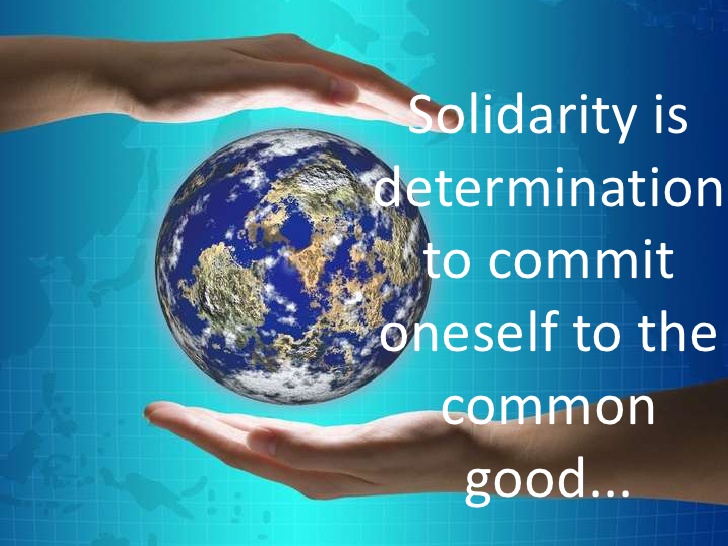 The Day of the African Child is commemorated every year on 16 June since 1991. On this day we remember black high school students who participated in the Soweto Uprising in South Africa in June 1976, when they began a series of demonstrations and protests against education injustice and inequality during the apartheid regime. It is estimated that about 20,000 students took part in the protests. They were met with police brutality and many were shot and killed. Thus 16 June every year is held in honour of the African child.
The Day of the African Child is commemorated every year on 16 June since 1991. On this day we remember black high school students who participated in the Soweto Uprising in South Africa in June 1976, when they began a series of demonstrations and protests against education injustice and inequality during the apartheid regime. It is estimated that about 20,000 students took part in the protests. They were met with police brutality and many were shot and killed. Thus 16 June every year is held in honour of the African child.
According to the African Union, the theme for the Day of the African Child in 2024 is “Education for all Children in Africa: the Time is Now” aligning with the African Union’s Year of Education, which focuses on building resilient education systems to ensure increased access to inclusive, lifelong, quality and relevant learning in Africa.
Many children in Africa have come a long way as some have gone through abuse and exploitation just because of the need to survive and because families were economically challenged. Thus, many children did not attend school and had to work to help boost household incomes. People took advantage of the families’ vulnerable situations and ended up employing both children and their parents. Also, children were involved in the worst forms of child labour with meagre pay. They were also trafficked and sexually exploited. Some years back ANPPCAN coined a slogan, “Adults to Work and Children to School.” This was a campaign to withdraw children from child labour and enroll them back in schools.
Source: Text: Image: africanchildrenfund.org

 The United Nations’ (UN) International Human Solidarity Day is annually held on December 20 to celebrate unity in diversity. It also aims to remind people on the importance of solidarity in working towards eradicating poverty.
The United Nations’ (UN) International Human Solidarity Day is annually held on December 20 to celebrate unity in diversity. It also aims to remind people on the importance of solidarity in working towards eradicating poverty. 2016 Theme: « Autism and the 2030 Agenda: Inclusion and Neurodiversity »
2016 Theme: « Autism and the 2030 Agenda: Inclusion and Neurodiversity »